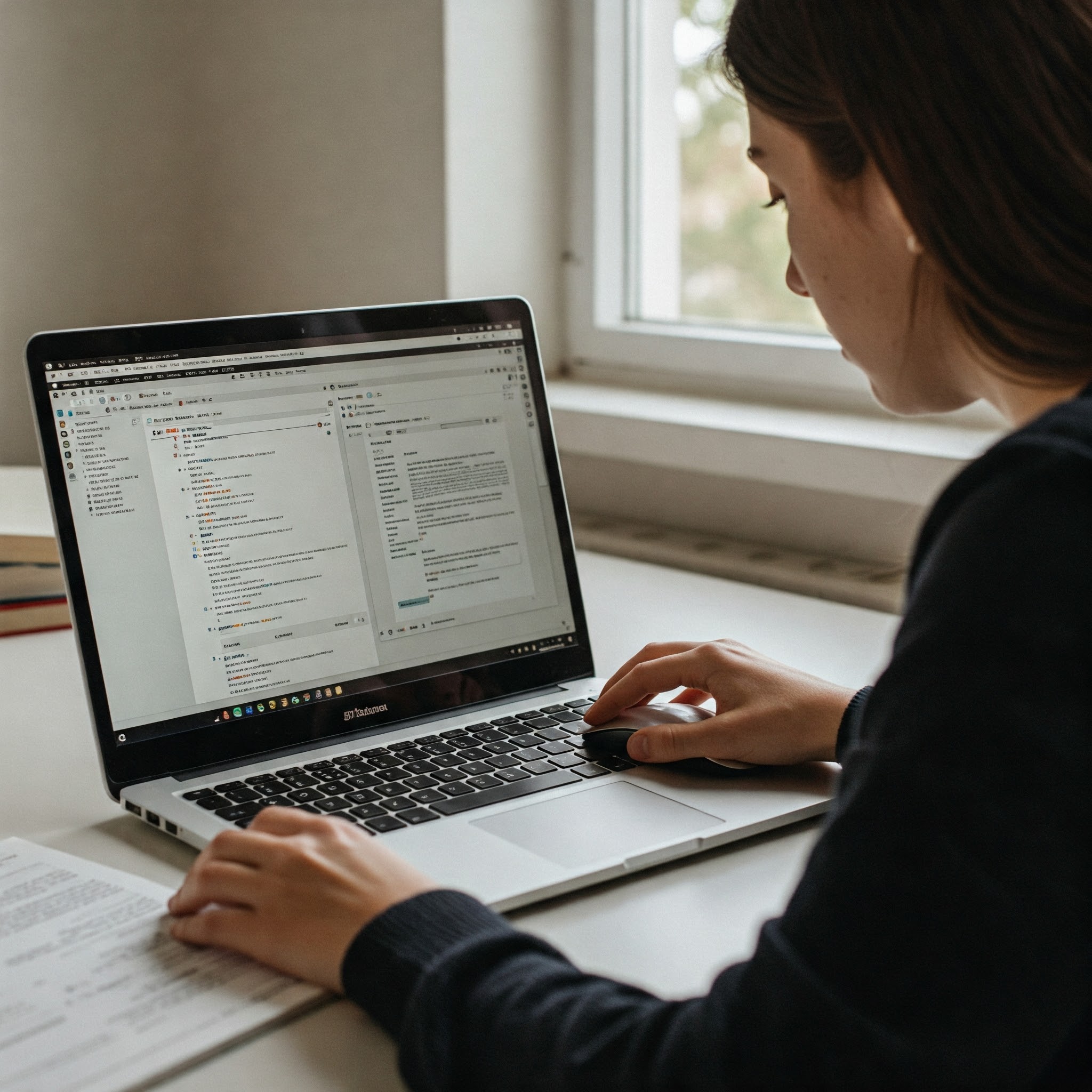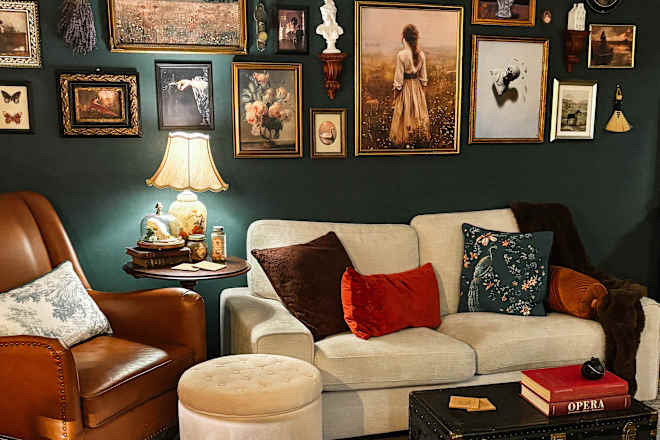Why we keep falling for one-size-fits-all fitness trends
Should every woman be able to do 11 push-ups? According to orthopedic surgeon and health influencer Vonda Wright, they should — and, no, modified “girl push-ups” don’t count. Last month, Wright appeared on The Mel Robbins Podcast, the popular self-help show that tends to generate this sort of arbitrary health advice, to share her recommended […]


Should every woman be able to do 11 push-ups? According to orthopedic surgeon and health influencer Vonda Wright, they should — and, no, modified “girl push-ups” don’t count.
Last month, Wright appeared on The Mel Robbins Podcast, the popular self-help show that tends to generate this sort of arbitrary health advice, to share her recommended fitness regimen for aging women. She stressed the importance of heavy lifting, stating that every woman should be able to complete 11 pushups.
“On the knees okay?” Robbins asked. “No,” Wright quickly replied. The sound bite took off on TikTok, with many women posting themselves successfully doing the exercise, while others, like Robbins, shared their failed attempts.
In the clip, Wright assures listeners that it’s something they can work themselves up to. Still, depending on your weight, age, and other physical factors, doing 11 push-ups can either be gradually achievable, extremely difficult, or just impossible. The specificity of the challenge also raises questions: Why 11 push-ups? Why is it specifically important for women? And, more importantly, what is with all the one-size-fits-all health advice littering social media?
For much of the last decade, wellness was feminized — still fraught, but synonymous with self-care and relaxation. What we’re seeing now is a markedly bro-y approach to health for both men and women, where performance is paramount and universal fitness goals and strict routines designed by the most popular wellness experts thrive. These days, it can seem like maintaining one’s health is more about checking off boxes than attending to individual needs.
The “bro-ification” of fitness
This focus on increasing our bodies’ performance is the bedrock of the “wellness bro” or “bro science” industry. These new-ish terms represent the dubious, male-dominated sphere of health and wellness that includes self-designed experts, doctors, and “biohackers,” all claiming to have the secrets to longevity and human optimization.
The most notable example is Stanford University professor and neuroscientist Andrew Huberman, who hosts the hugely popular podcast Huberman Lab. His conversations with other health experts on how humans can improve their bodies and brains have propelled him to A-list status in this realm. Similarly, Joe Rogan frequently promotes questionable health experts, debunkable research, and “manly” diets on his podcast The Joe Rogan Experience.
These figures have become associated with the “manosphere,” a sprawling collection of influencers and podcasters promoting ideas of traditional masculinity that can vary from regressive to blatantly misogynistic. However, “wellness bros” like Huberman still operate in mainstream culture — his podcast regularly tops the Apple Podcasts’ health and fitness chart — and have gained a wider audience beyond young men.











































































